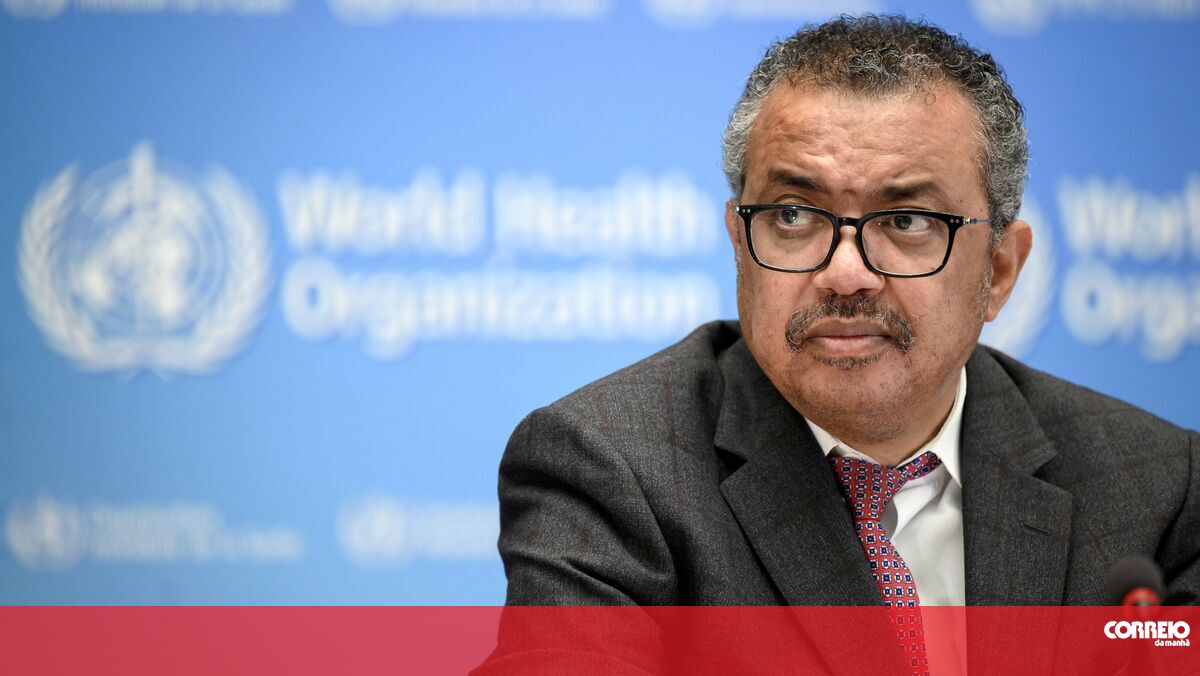The World Health Organization (WHO) has reported that the number of monkeypox virus infections worldwide has increased by 20% in the last week, when 7,500 new cases were reported.
According to the balance sheet made by the WHO at a press conference, the total number of infections since the start of the outbreak exceeds 35,000 and the disease has caused 12 deaths.
With cases reported in 92 countries, the virus circulates almost exclusively in Europe and the Americas, and almost all cases are in men who have sex with men, but the WHO has stressed the importance of protecting everyone who lives with people from being infected with the virus.
In regards to news released on Tuesday reporting a possible first case of human-to-canine transmission in Paris, France, the WHO said it had been informed of the case, noting that it was not an unexpected situation. since pets usually live in a closed environment and in close proximity to an infected person, as do other family members.
The head of the WHO Health Emergencies Office believes that the risk in this situation is mainly related to the ability of the virus to infiltrate into a new species and evolve, which can change the way the virus works or the immune response it evokes.
“We must not allow the virus to gain a foothold in another animal population, we must take every precaution,” Mike Ryan said.
At the same press conference, WHO smallpox expert Rosamund Lewis explained that people have several ways to protect themselves in a family context, including isolating the sick, practicing good hygiene and handling waste carefully. Vaccination is another option, but demand currently outstrips supply.
Regarding the vaccine, WHO Director-General Tedros Adhanom Ghebreyesus acknowledged the concern about the potential risk of a new situation of unequal access to the detriment of the poorest countries, as happened during the covid-19 pandemic.
WHO is currently in contact with the Danish drug manufacturer Bavarian Nordic, which produces the vaccine used to prevent smallpox, to discuss options such as transferring the technology or allowing other laboratories to also produce the vaccine.
However, Rosamund Lewis emphasized that the vaccine “is not a panacea” for the outbreak because there is still no conclusive evidence of its effectiveness, knowing that it is not total and is approaching 85%.
According to the official, this explains the fact that cases of re-infection were detected among already vaccinated people, and therefore Rosamund Lewis insisted that prevention also involves reducing the number of sexual partners.
Author: Lusa
Source: CM Jornal
Jane Stock is a technology author, who has written for 24 Hours World. She writes about the latest in technology news and trends, and is always on the lookout for new and innovative ways to improve his audience’s experience.




